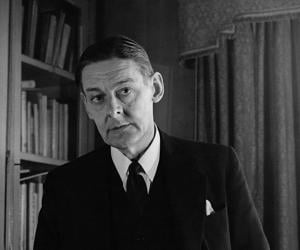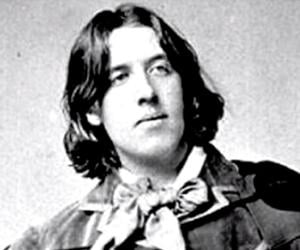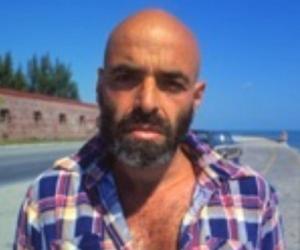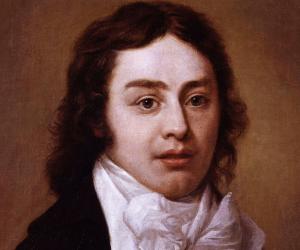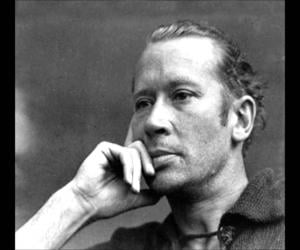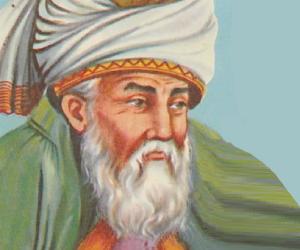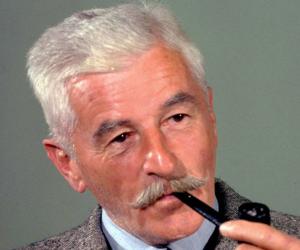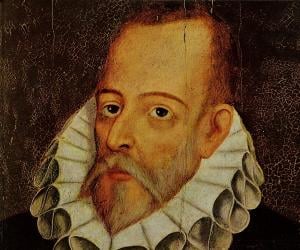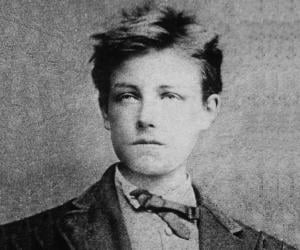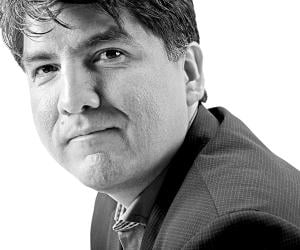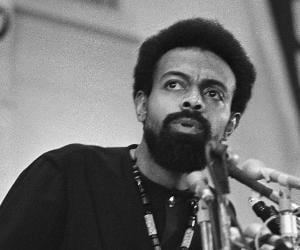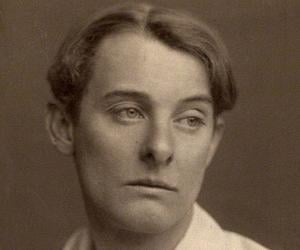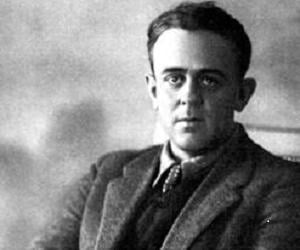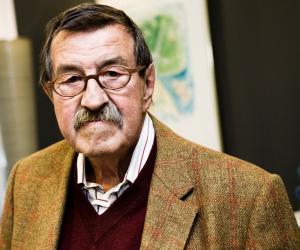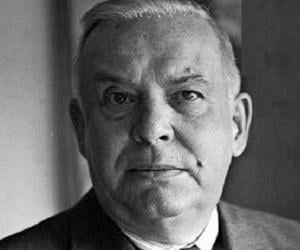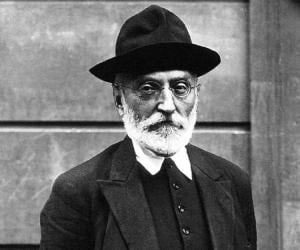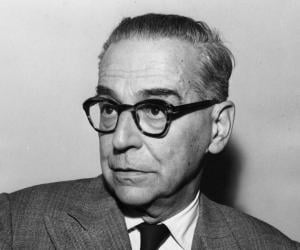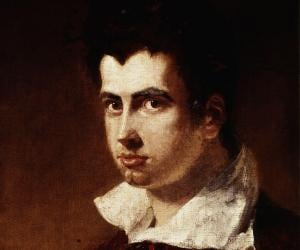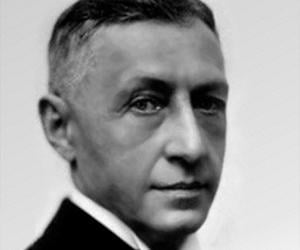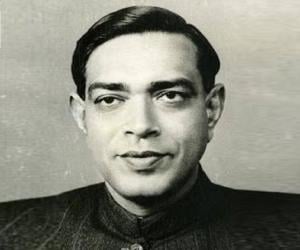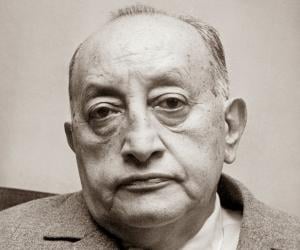Widely regarded as one of the most popular writers of all time, Oscar Wilde is best remembered for his plays and epigrams. He was also one of the best-known personalities during his time as he was popular for his conversational skills, flamboyant dressing sense, and biting wit. Imprisoned in 1895 for consensual homosexual acts, Oscar Wilde was pardoned posthumously in 2017.
Shel Silverstein was an American writer, playwright, songwriter, and cartoonist. Renowned for his children's books, songs, and cartoons, Silverstein's works have been translated into over 30 languages. The recipient of many prestigious awards, such as Grammy Awards, Shel Silverstein was posthumously inducted into the Chicago Literary Hall of Fame.
Samuel Coleridge was an English poet, philosopher, theologian, and literary critic. He is credited with co-founding the Romantic Movement in England along with his friend William Wordsworth. Despite struggling from bouts of depression and anxiety throughout his adult life, Samuel Coleridge had a major influence on American transcendentalism and writers like Ralph Waldo Emerson.
Rumi was a Persian poet and Sufi mystic whose spiritual legacy has been attracting praises for the past 800 years! Often described as the best-selling and most popular poet in the US, Rumi's poems are widely read today in many countries. His poetry has influenced the literary traditions of many languages, such as Pashto, Urdu, Chagatai, and Ottoman Turkish.
Miguel de Cervantes was a Spanish writer best known for his work Don Quixote, which is considered one of the high points of world literature. He is regarded as one of the greatest novelists of all time and the greatest writer to ever write in the Spanish language. His works have influenced other works of art like music and paintings.
French poet Arthur Rimbaud is remembered for his influence on Dadaism, surrealism, and symbolism. Known for works such as Le Soleil Etait Encore Chaud and Voyelles, he later got involved in a relationship with poet Paul Verlaine. He also traveled as a merchant and explorer, before dying of cancer.
Alfred Douglas was an English journalist and poet best remembered as one of the lovers of famous Irish poet Oscar Wilde. Douglas played an important role in Wilde's imprisonment for homosexuality. Alfred Douglas' father John Sholto Douglas abhorred his son's relationship with the Irish poet and publicly accused the latter of homosexuality, which was illegal at that time.
Günter Grass was a German novelist, illustrator, graphic artist, poet, playwright, and sculptor. A much revered and decorated writer, Grass was honored with the prestigious Nobel Prize in Literature in 1999. Over the course of his illustrious career, Günter Grass won many other awards, including the Georg Büchner Prize and the Hermann Kesten Prize.
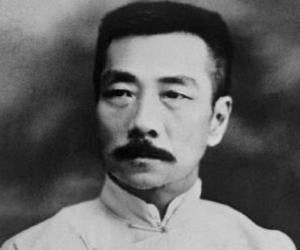
Lu Xun was a Chinese writer, poet, essayist, and literary critic. An important and influential personality of modern Chinese literature, Lu Xun's work influenced Chinese literature and popular culture after the May Fourth Movement. Mao Zedong, a lifelong admirer of Lu's work, declared him the saint of modern China shortly after his death. His works have been translated into English.
Miguel de Unamuno was a Spanish essayist, poet, playwright, novelist, and philosopher. His most famous novel was Abel Sánchez: The History of a Passion, a modern retelling of the Biblical Cain and Abel story. He was a significant figure in the Spanish literary and intellectual circles and served as rector of the University of Salamanca.
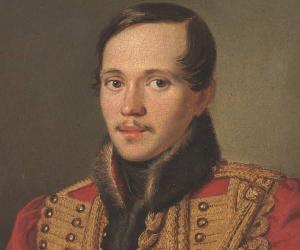
One of the most significant Russian romantic authors of the Golden Age of Russian Poetry, Mikhail Lermontov is remembered for his iconic novel A Hero of Our Time. His initial poems, such as Prisoner of the Caucasus, were highly Byronic. His writings laid the foundation for the Russian psychological novel.
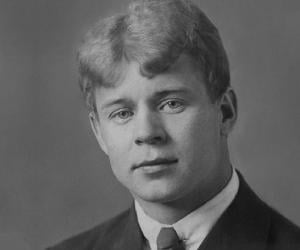
Born into a peasant family, Russian lyrical poet Sergei Yesenin was a significant figure of Imaginism. Known as "the last poet of wooden Russia," Yesenin soared to fame with works such as Radunitsa. He later committed suicide in a hotel, having written his last poem in his own blood.
Ivo Andric was a Yugoslav short story writer, poet, and novelist. Andric won the 1961 Nobel Prize in Literature after the Nobel Committee chose him over writers like Robert Frost, E. M. Forster, John Steinbeck, and J. R. R. Tolkien. After receiving the award, Andric's works were translated into several languages as they found an international audience.
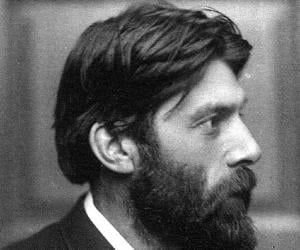
Known for poems such as Abou Ben Adhem, 19th-century English poet, critic, and essayist Leigh Hunt had founded the newspaper The Examiner, with his brother. Apart from critiquing the politics, theater, and art of his time, he also criticized Prince Regent George, an act that put him behind bars briefly.
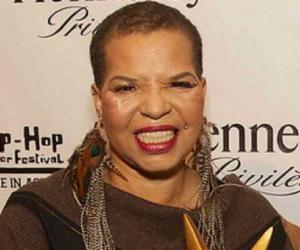

Rupi Kaur is an Indian-born Canadian poet, photographer, illustrator, and author. Born in India, she moved to Canada at an early age. She began performing in 2009 and gained international fame through her Instagram posts. She often explores her South Asian identity and femininity in her work. Her latest poetry collection, Home Body, released in 2020, was a resounding success.
Ivan Bunin was a Russian writer whose stories and poems are regarded as one of the richest collection of works in the Russian language. In 1933, Ivan Bunin became the first Russian writer to be honored with the prestigious Nobel Prize for Literature. Subsequently, he donated 100,000 francs to a charity fund.
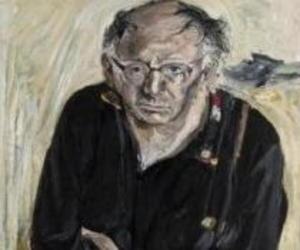
Irish poet Patrick Kavanagh is best remembered for his long poem The Great Hunger and his depictions of harsh rural conditions. His initial experience of working on a farm offered him the setting for his novel Tarry Flynn, which was banned for a while and later performed as a play.
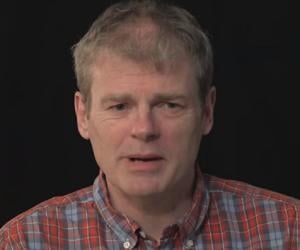
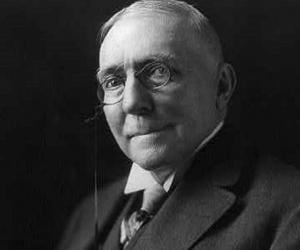

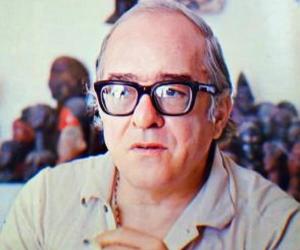
Vinicius de Moraes was a Brazilian poet, essayist, playwright, lyricist, musician, singer, and diplomat. His compositions and lyrics played important roles in the introduction and popoularization of bossa nova music. Vinicius de Moraes is best remembered for his collaborations with popular musicians like Antônio Carlos Jobim. His play Orfeu da conceição was adapted into an Oscar-winning film titled Black Orpheus.
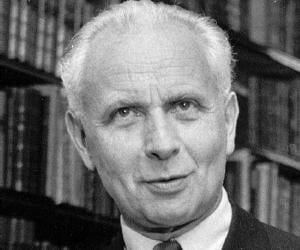
Ramdhari Singh Dinkar was an Indian poet, academic, patriot, and essayist. Regarded as one of the most prominent modern Hindi poets, Dinkar played an important role during the Indian independence movement,; writing poems that sparked nationalism. In 1959, he was honored with the prestigious Padma Bhushan, India's third-highest civilian award. The same year, he also received the Sahitya Akademi Award.
Miguel Ãngel Asturias was a Guatemalan poet-diplomat, journalist, playwright, and novelist. He played a significant role in spreading the importance of indigenous cultures. In 1966, he was honored with the International Lenin Peace Prize. In 1967, he became only the second Latin American author to win the prestigious Nobel Prize for Literature.

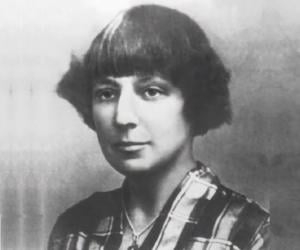
Remembered as one of the greatest Russian literary figures of the 20th century, Marina Tsvetaeva was an integral part of Russian symbolism. She faced the Russian Revolution and lost her youngest daughter to the famine that followed. After her husband’s execution under espionage accusations, she committed suicide at age 48.
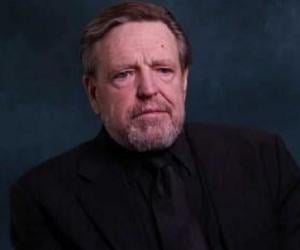
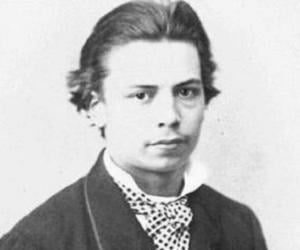
Philipp Mainlander was unfortunately born out of marital rape and was later forced by his father to train to be a merchant. However, while working in Italy, he devoted himself to writing. His works include the iconic The Philosophy of Redemption. He eventually committed suicide by hanging.
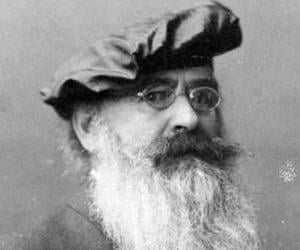
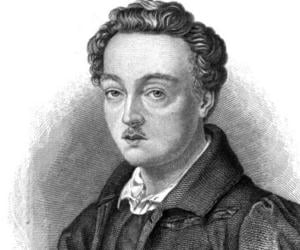
Part of the Young Germany movement, German dramatist and author Georg Büchner was a revolutionary and a master of Expressionist plays. Born to an army doctor, he studied medicine but also simultaneously participated in pamphleteering for social issues. He is remembered for works such as Danton’s Death and Woyzeck.
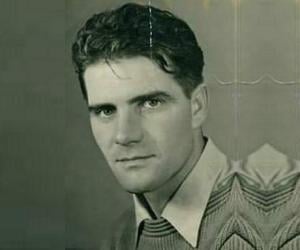
Better known as the father of Rammstein lead singer Till Lindemann, Werner Lindemann was a children’s poet and author. Born to farmers, Werner grew up to join the German Army and then dabbled in editing and freelance writing. He lived at the Drispeth Artist's Colony, founded by him.
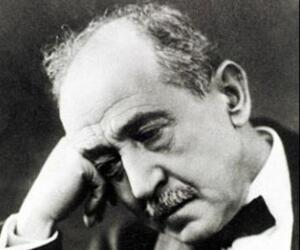
Aḥmad Shawqī was an Arabic poet laureate who worked at the court of the Khedive. He also wrote plays and prose, including five tragedies. On 17 June 1977, Aḥmad Shawqī's Giza residence was converted into a museum. His work is celebrated even today at a cultural center called the El Sawy Culture Wheel.
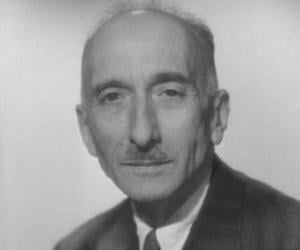
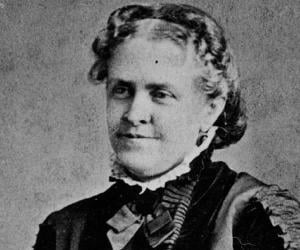
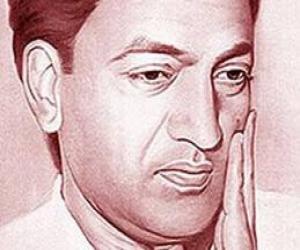
Shiv Kumar Batalvi was an Indian writer, poet, and playwright who predominantly wrote in the Punjabi language. In 1967, he became the youngest person to receive the Sahitya Akademi Award for his epic verse play Loona, which is regarded as a masterpiece in Punjabi literature. The Shiv Kumar Batalvi Auditorium, which is located in Batala, was constructed in his honor.
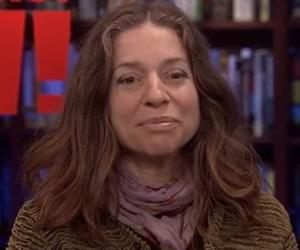
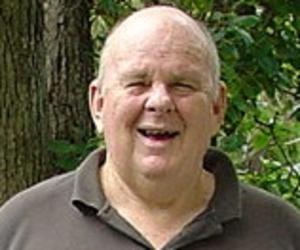
Les Murray was an Australian poet, anthologist, and critic with a career spanning over four decades. He is regarded as "the leading Australian poet of his generation" and received numerous honors, including Grace Leven Prize for Poetry and T. S. Eliot Prize. His works have been translated into multiple languages. He was known to be an unusually idealistic person.
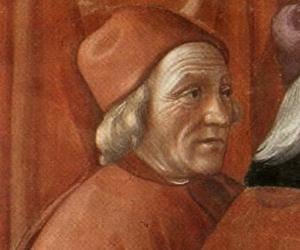
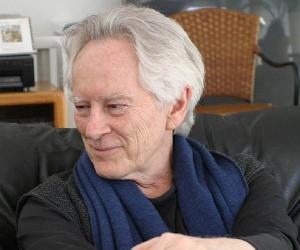
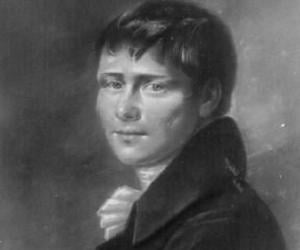
Dissatisfied with his army career, Heinrich von Kleist had also studied law and math but quit studies later to devote himself to writing. Part of German Romanticism, he penned iconic plays such as The Schroffenstein Family and Hermann’s Battle. He eventually shot himself and his lover Henriette in a murder-suicide.
